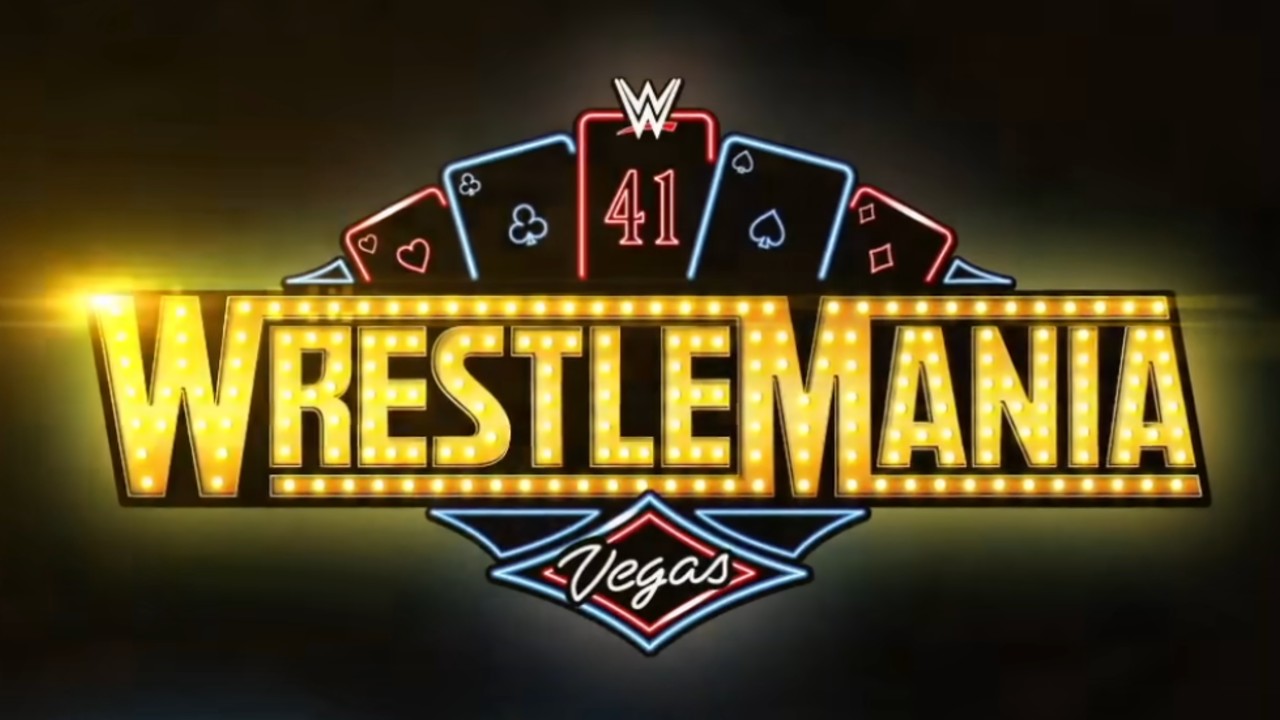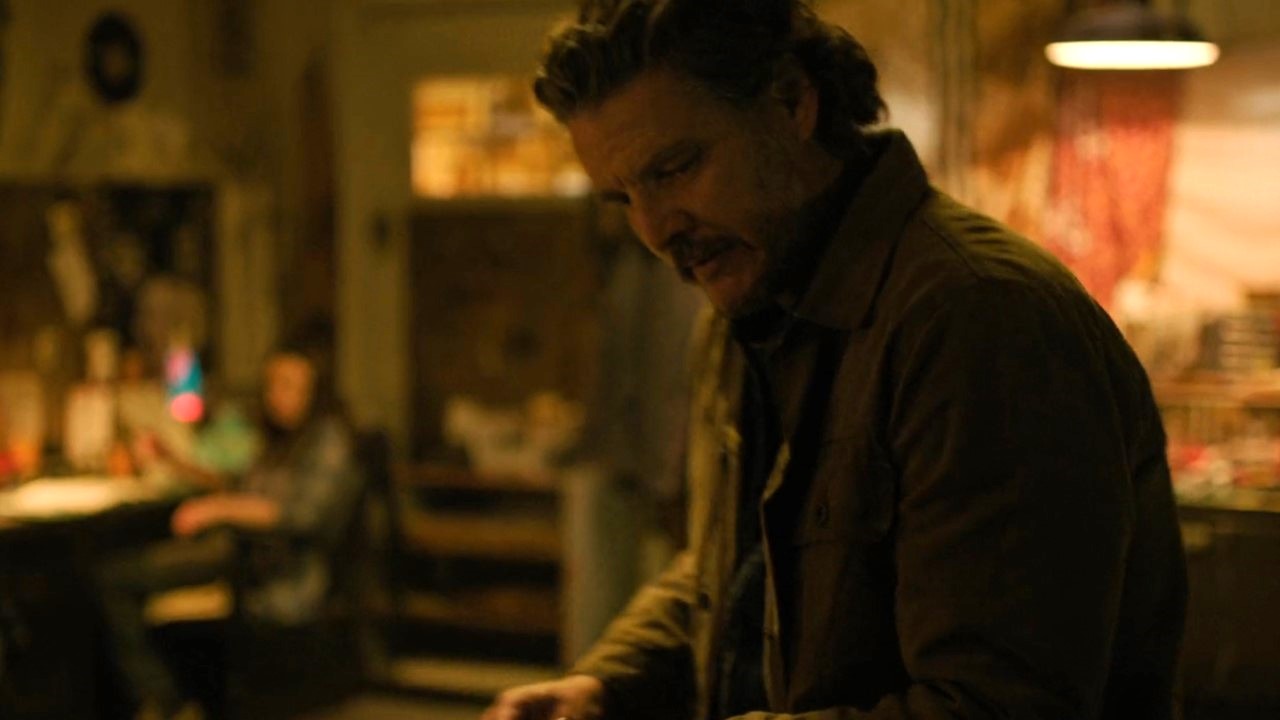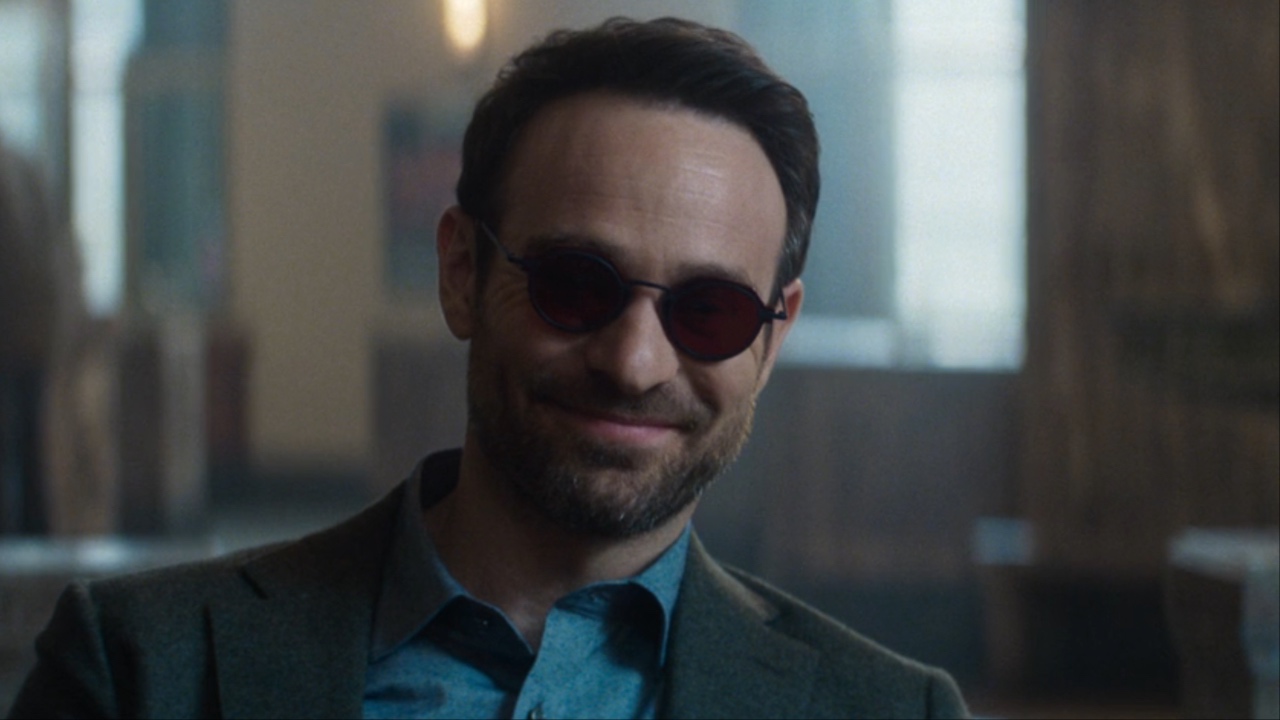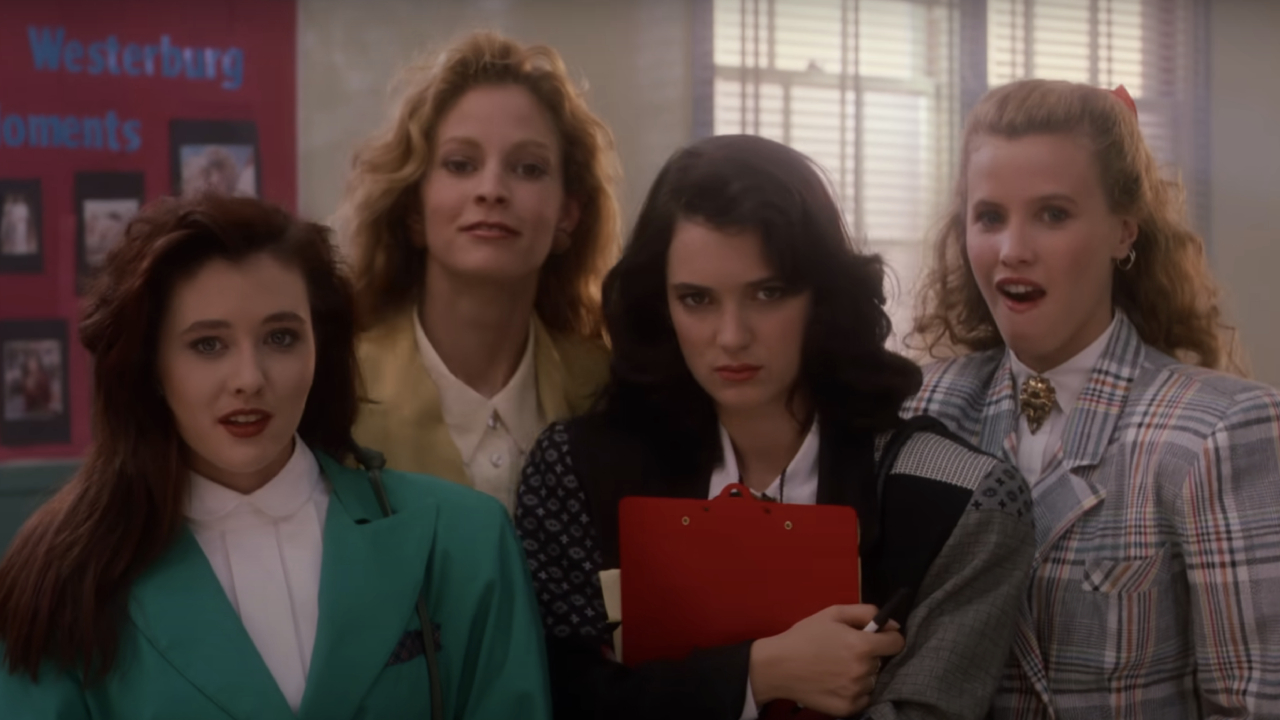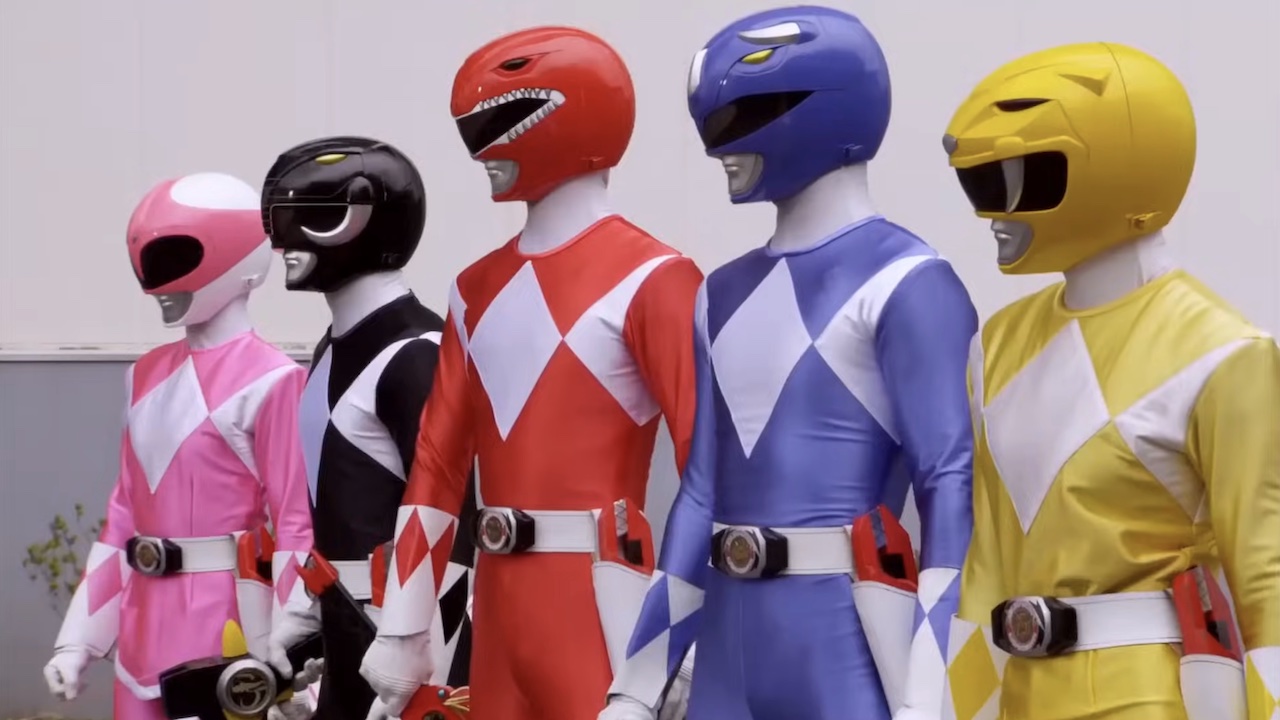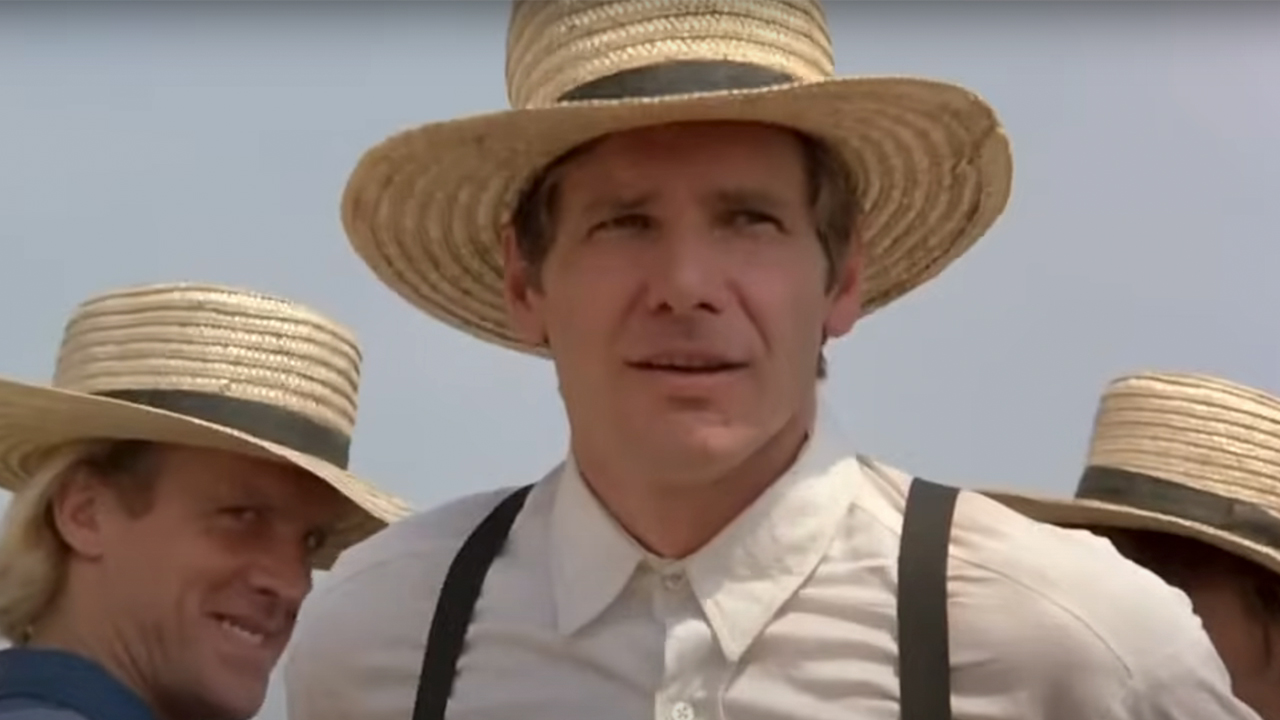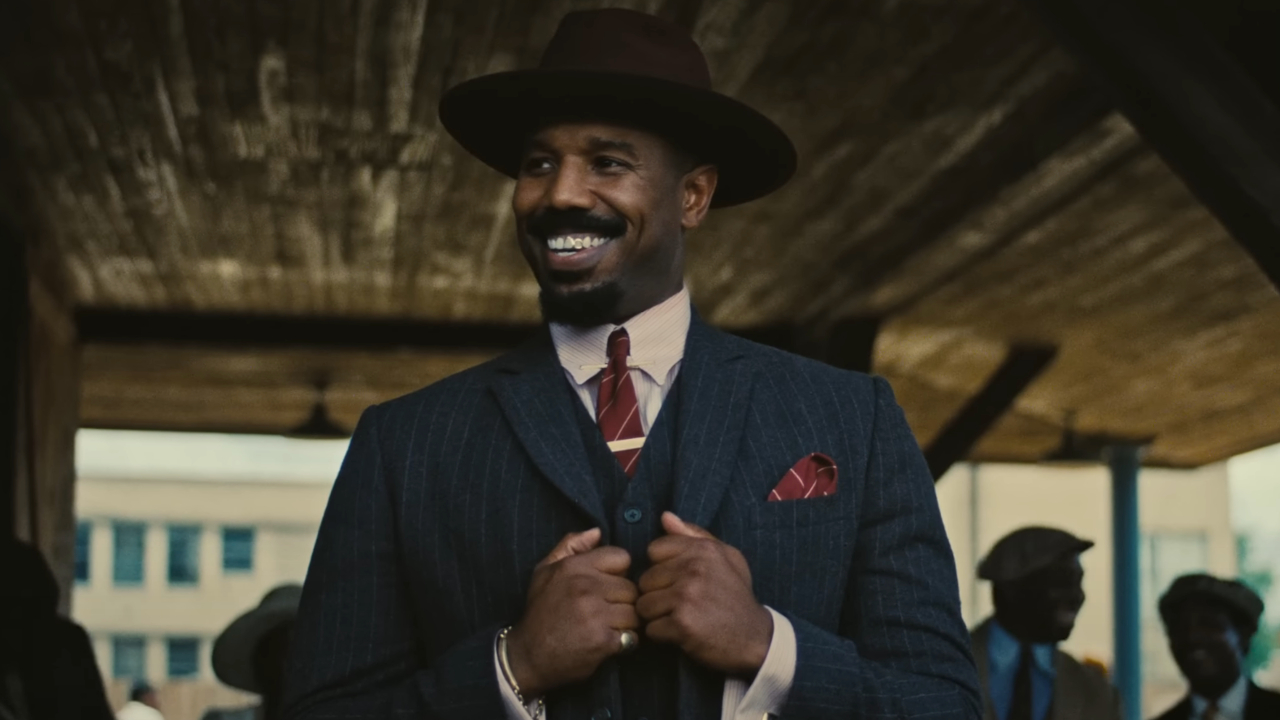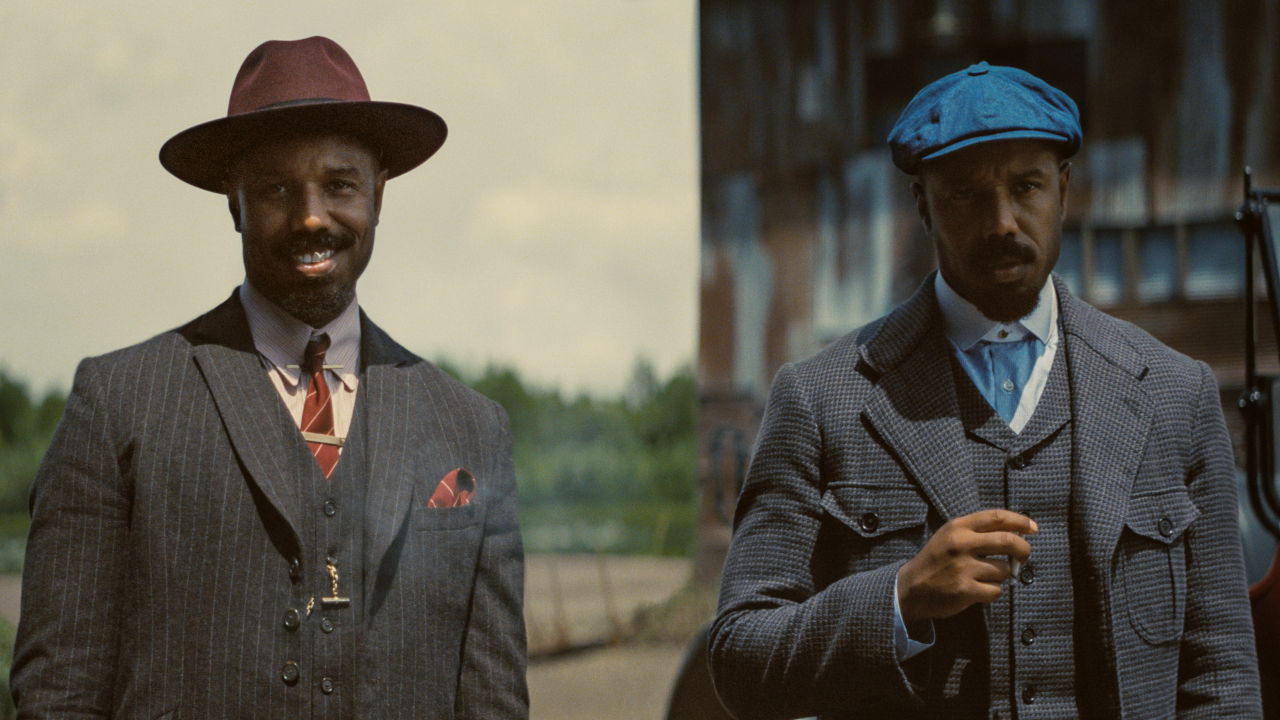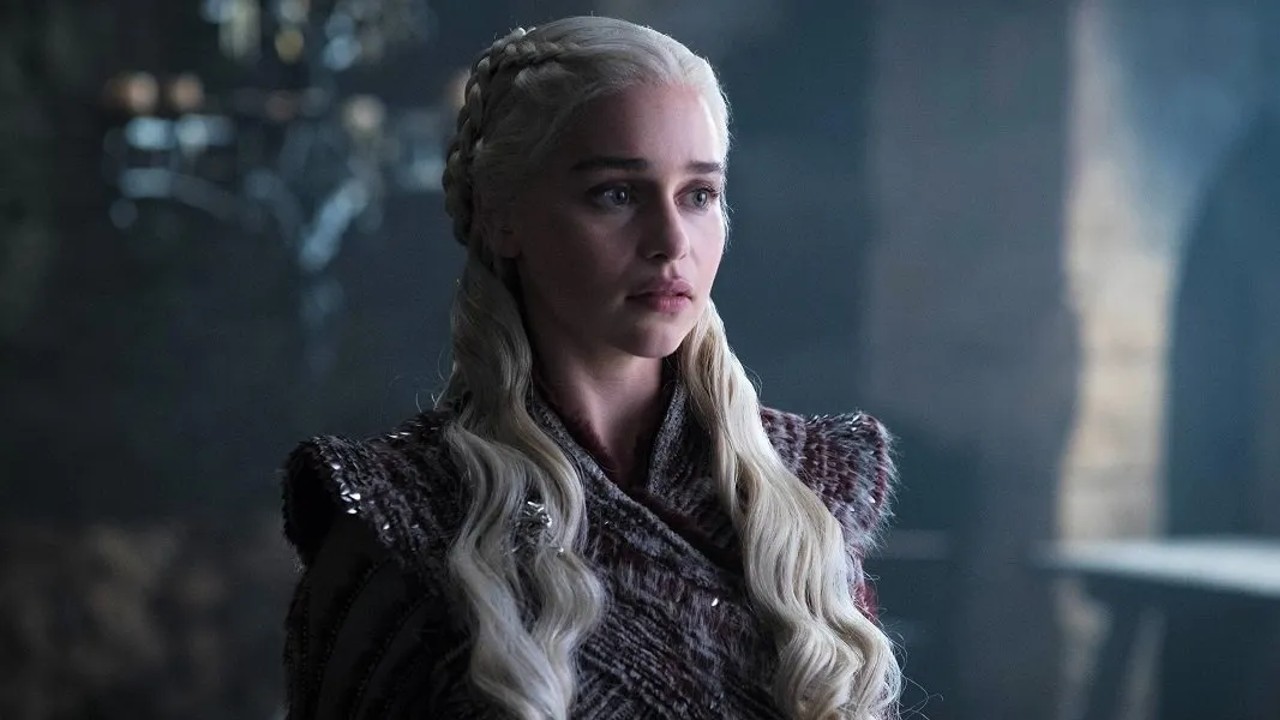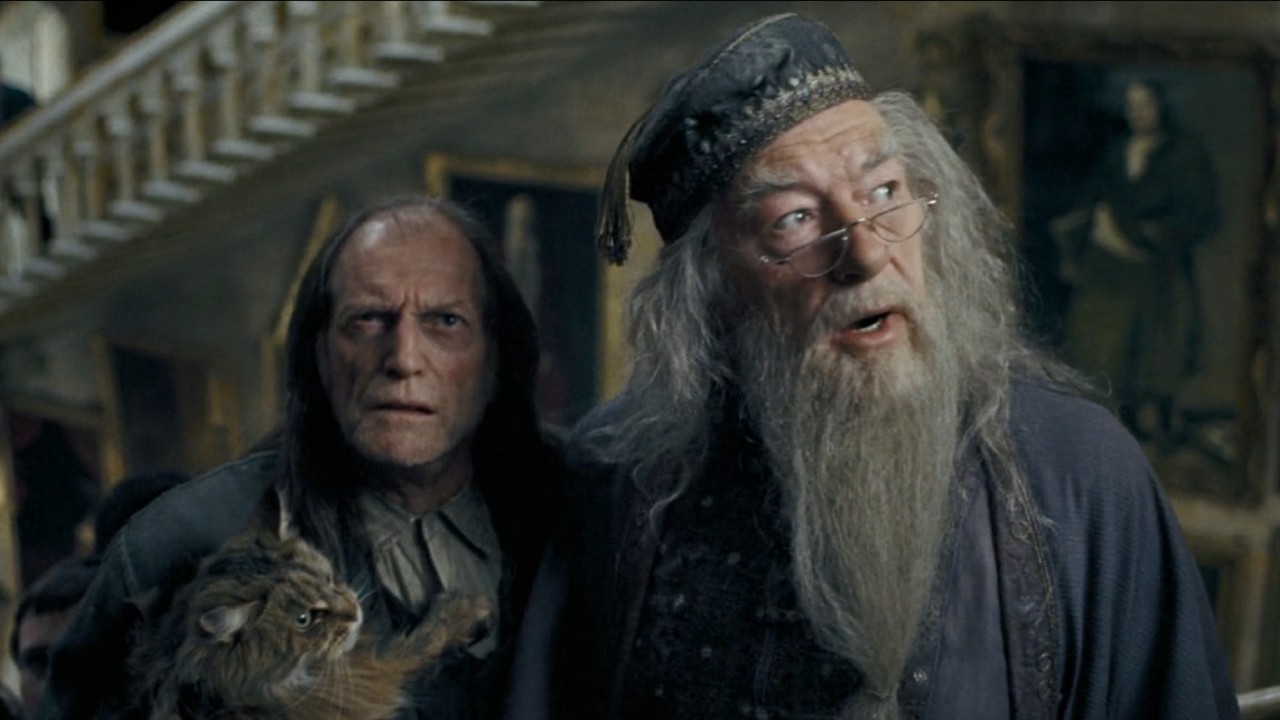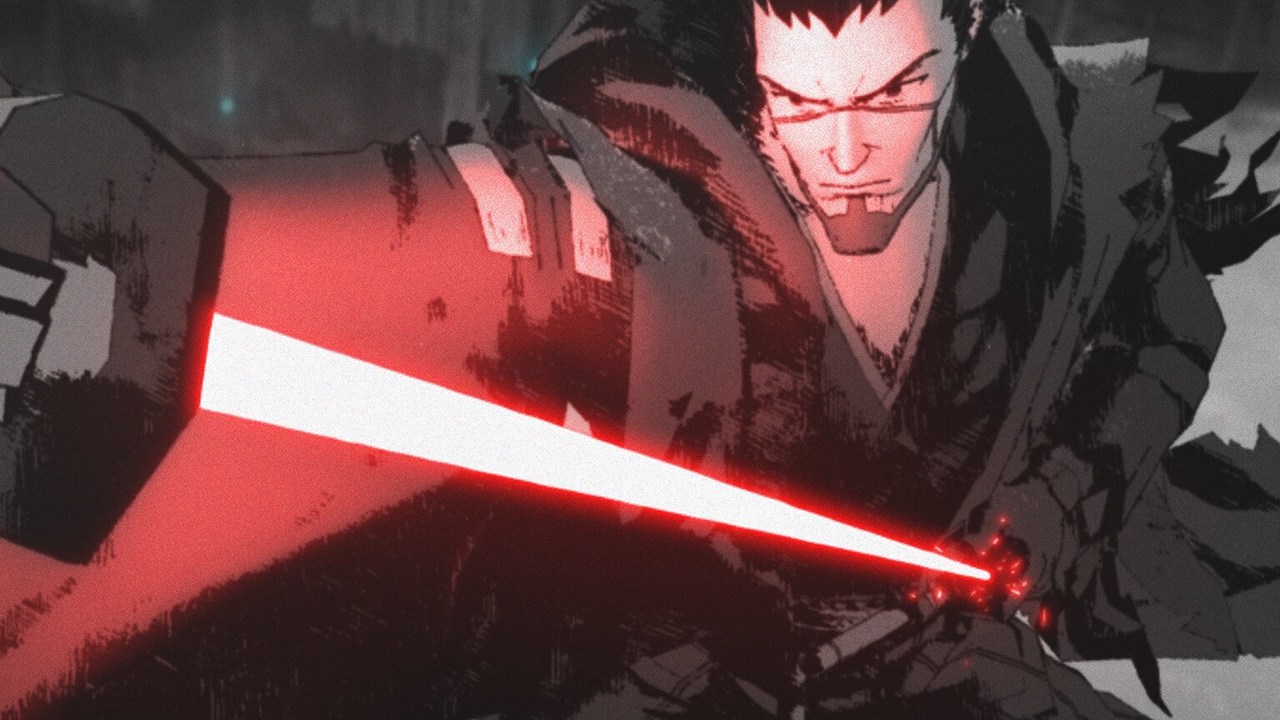Beetlejuice Beetlejuice: Tim Burton On His Long Awaited Legacy-quel, Why He Almost Quit Hollywood, And Possible Plans For The Future
Sandworms are no match for the perils of a legacy-quel.
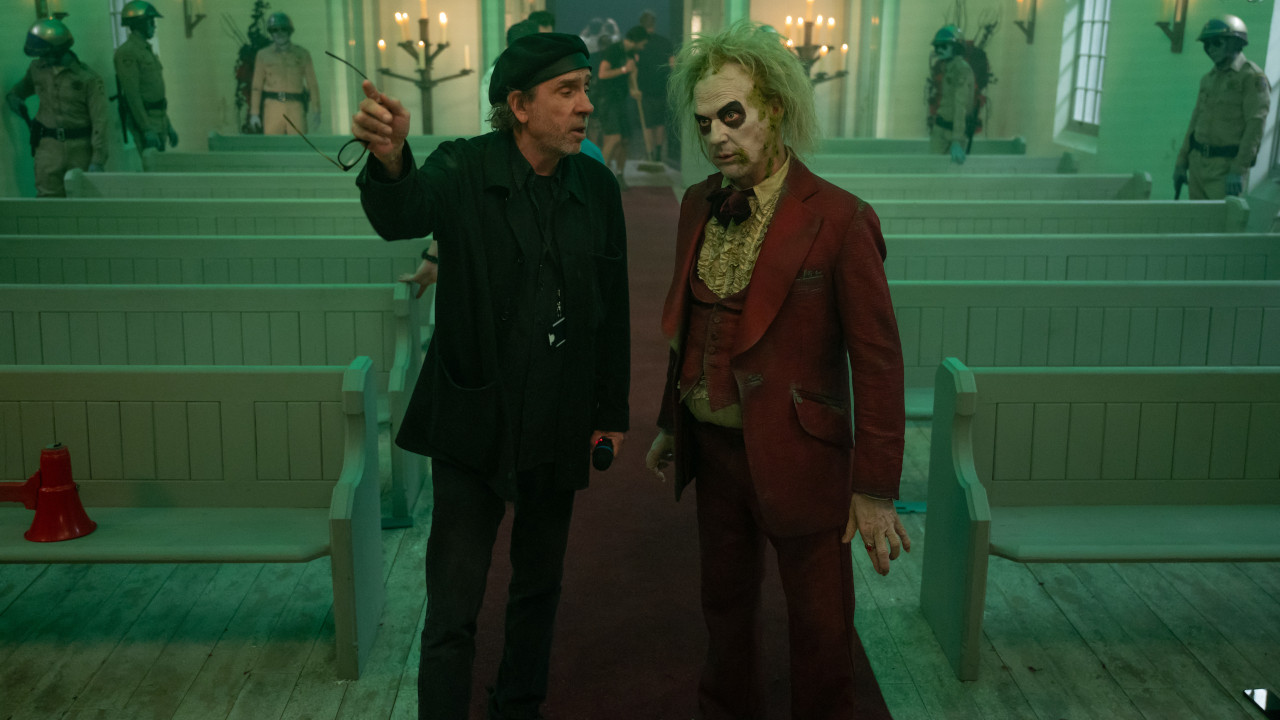
It’s still feels a bit surreal to look at the 2024 movie schedule and actually see Beetlejuice Beetlejuice listed as an actual release. Growing up with a love of director Tim Burton’s 1988 original, it always felt like the talk surrounding an actual sequel would ebb and flow, but leave us all with the same non-existent result. To this day, I still wonder if Beetlejuice Goes Hawaiian is one of the greatest missed opportunities in the history of development hell.
But here we are, with the first reactions to Beetlejuice Beetlejuice in the bank and preview screenings already kicking things off. Almost 40 years after Beetlejuice landed as surprise box office hit for Warner Bros., the juice is loose again, and the road to this point wasn’t an easy one. Even with Michael Keaton and Winona Ryder both hyped up to get back to work, some things had to happen before Tim Burton was ready to return to the director’s chair.
Beetlejuice 2’s development required life experiences, a brush with Burton almost quitting Hollywood, and assembling the right cast to finally get off the ground. Thanks to a recent press day where Tim Burton held court as only he could, the story behind what could be considered a miracle legacy-quel has finally been told.
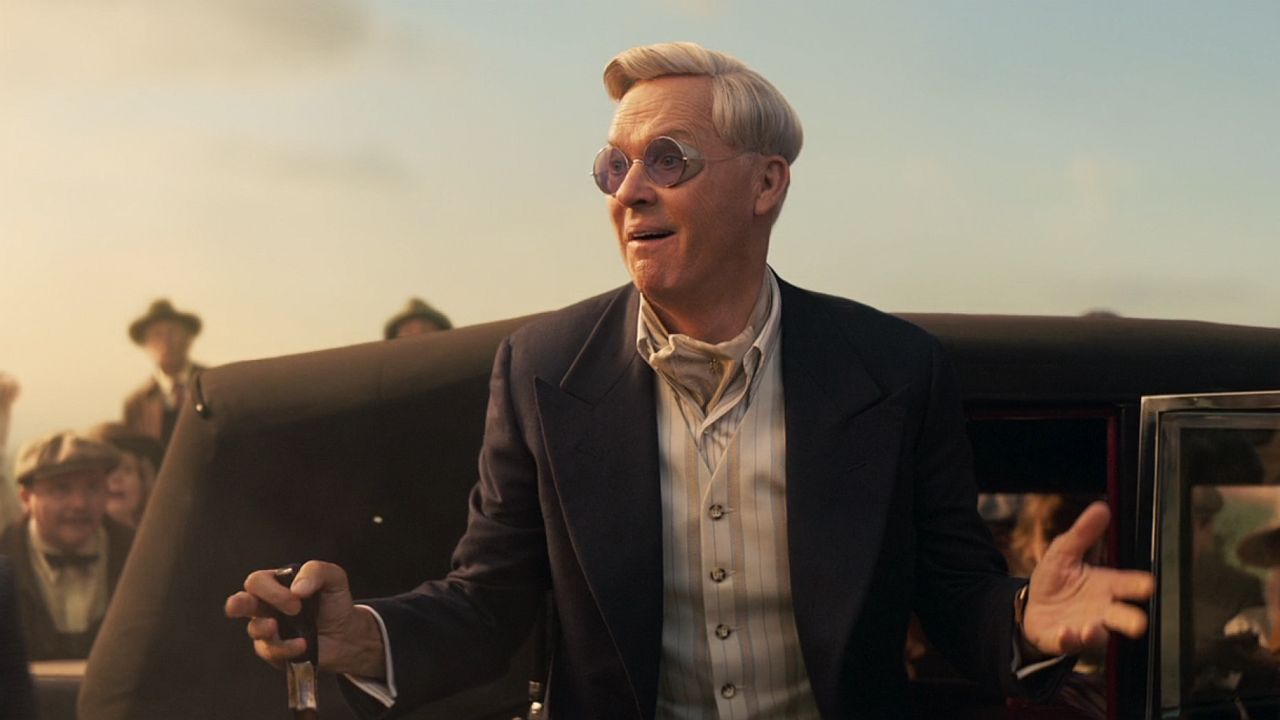
Why Tim Burton Almost Quit Hollywood
During the New York City stop for Beetlejuice Beetlejuice’s press tour, I was invited to take part in a roundtable interview with a handful of other journalists, representing CinemaBlend in the first of a handful of such chats scheduled for that day. Our mission: to get Mr. Burton to spill his guts on everything he was comfortable with sharing about his long-awaited return to the Afterlife.
I’d say that we were successful, as there’s a lot of details that didn’t even make the cut for this rundown. That includes the fate of some rather risqué concept drawings Tim Burton had done, but will not share, in case he uses them for something else. But one of the most important tidbits we learned was that the career of this practitioner of the strange and unusual almost ended with the studio that gave him his start.
That’s thanks to Burton’s stories about Dumbo’s painful production, an experience that the Batman director basically confirmed as the straw that almost broke the sandworm’s back. A greater reflection on his career as a cinematic helmer came as a result of questions that asked if there were any other iconic creations that Tim Burton would want to return to, as well as his approach to CGI versus practical effects.
With CinemaBlend on hand to hear this knowledge first hand, Tim Burton addressed those concerns with the following combined remarks:
CINEMABLEND NEWSLETTER
Your Daily Blend of Entertainment News
I think I almost got out of making movies after my last one, 'cause I just didn't feel the whole studio thing. I just didn't feel [comfortable], that's what I went off and did a TV thing, Wednesday in Romania, just to kind of re-cleanse so to speak, or re-energize whatever sort of a thing. I had no burning desire to make a sequel or anything, I just wanted to make this movie. … When I did [Beetlejuice Beetlejuice], it was important to me to not to think about “Sequel” … all these words, when I first started, none of those words were around: “franchise” … “reboots … whatever.
As an executive producer and director of half of Wednesday Season 1's episodes, the experience seems to have been the antidote to the woes that Burton felt as a director. Though that’s not the turning point that saw Beetlejuice Beetlejuice being brought back to life.
In fact, much like Michael Keaton’s comedic supernatural menace, the idea had a pretty rich life in the margins between the living and the dead. I’m not going to go into the complete history of Beetlejuice 2’s development, as there are a lot of names and several drafts that pave the road to its production.
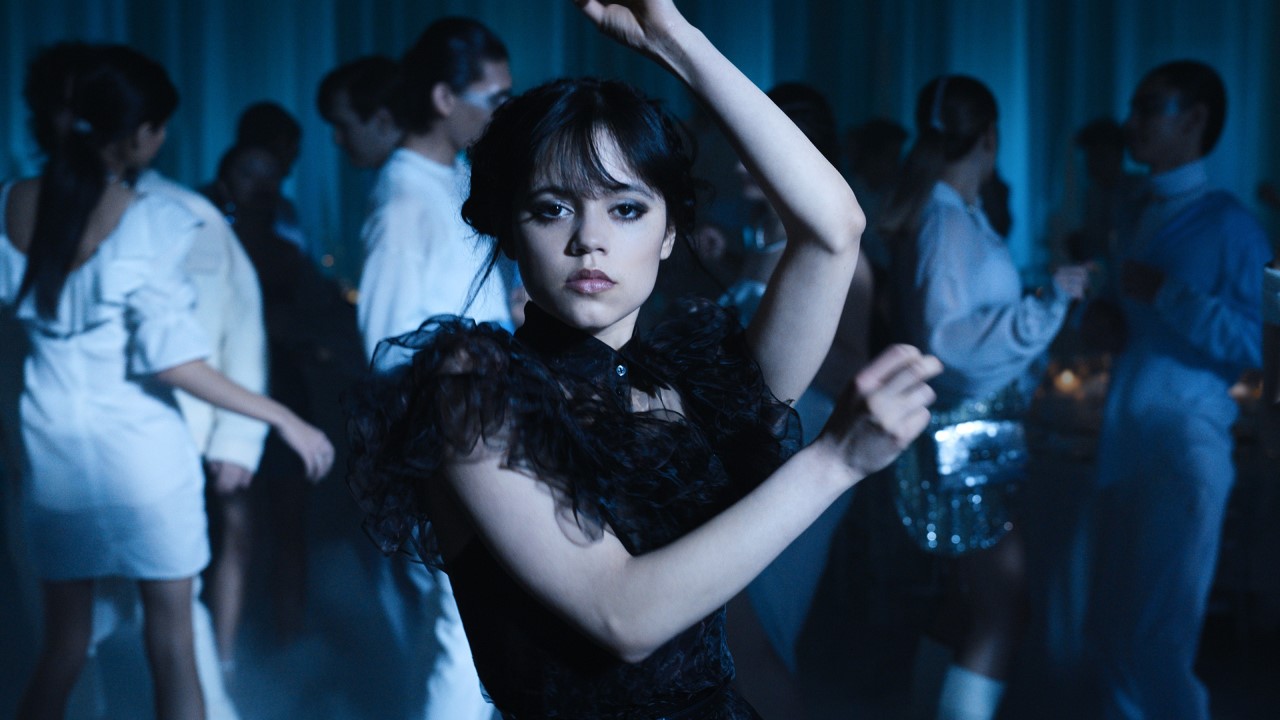
What’s important is how Tim Burton finally cracked the idea for what this now legacy-quel was going to tackle. You know how people like to say that life sometimes gets in the way of such plans? Well, in the case of Beetlejuice's grand return, it actually helped things along.
Explaining this concept throughout our conversation, the following comments highlight the emotional hook that generated Burton’s excitement about the project:
Well, obviously, as you said, it's been asked from the very beginning, right? But nothing clicked, and truly it couldn't have happened until now. It was only until fairly recently where … I just put all the noise away and I just go, ‘Okay, I love the Lydia character.’ That was the character that I connected with … so I go like, ‘Well, what happened to this person three, five years later?’ You know, it's a bit like 35 Up You know what a weird thing, you go from cool teenager to some kind fucked up adult. … What relationships do you have? Or you have kids? What’s your relationship with them? It's not something I could have done back then. It's only something you could do once you experienced those things yourself. … That became the emotional hook. The three generations of mother and daughter and granddaughter, life, death, Just basic, normal things that we, we all experience.
If there’s anyone that can attest to the trials required in reopening those doors to the Afterlife, it’s one of the writers still credited on this picture’s story team. Seth Graeme-Smith’s reported Beetlejuice Beetlejuice difficulties honed firmly in on the story being key to making everything work.
In the end, his contributions are credited along with two other major influences: screenwriters and Wednesday creators Alfred Gough and Miles Millar, and a healthy attitude towards improv on the Beetlejuice 2 set. But without that basic kernel, nothing else would have mattered. Which leads to the next part of our story, in which Tim Burton shares some key decisions that hammered this entire enterprise into being.
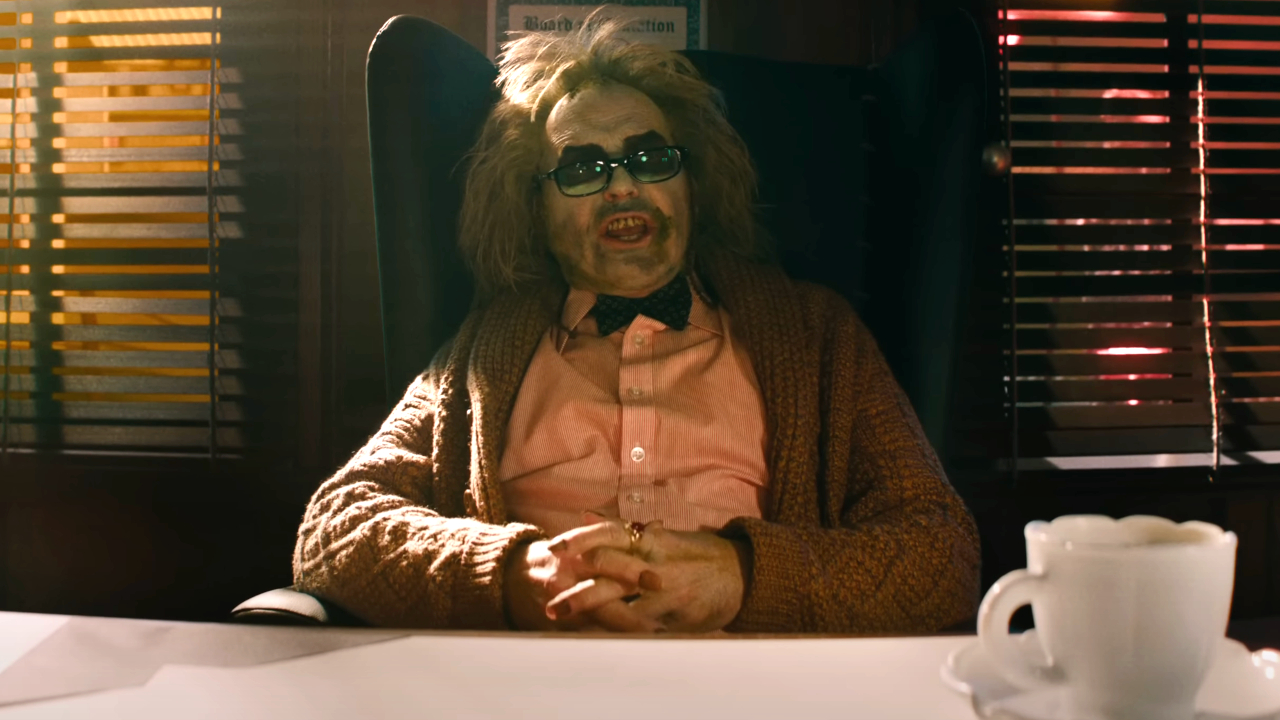
The Decisions That Shaped Beetlejuice Beetlejuice
Ideas are not only formed by thematic inspiration, but also through influences dictating how to execute them. Those twin factors become even more important after decades of fans hoping for Beetlejuice Beetlejuice’s arrival, and Tim Burton considered them rather carefully. Much as Winona Ryder believes Jenna Ortega importance to this sequel, Tim Burton saw her character Astrid as the doorway to what we see before us.
As myself and the other journalists in the room pondered if there was a special process that was intended to update Beetlejuice for Gen-Z, Burton easily dissuaded that notion. Rather than worry about updating a character that both Burton and Michael Keaton felt has always been politically incorrect, the Frankenweenie mastermind shared these details about how the movie was aimed squarely at today’s youth:
...it's funny, 'cause the only example I have is my own daughter, who never saw the original Beetlejuice, and she's 16. … I was sort of interested in somebody who hadn't seen the original, if they could understand it, or get it, or get the vibe of it. and, you know, they, you not seeing it. I think they felt, they felt they, they got it, you know? And again, because Jenna is sort of voice of reasons, like, ‘what the fuck is all this shit?', you know, like kids, they call their parents into question, you know, which is great.
Basically, in order to help younger viewers identify with Beetlejuice Beetlejuice, it was important to have someone like Astrid Deetz who could call bullshit on whatever they felt to be untrue. Which happens a lot, as Jenna Ortega’s newcomer is constantly questioning whether her mother Lydia (Winona Ryder) actually can see ghosts.
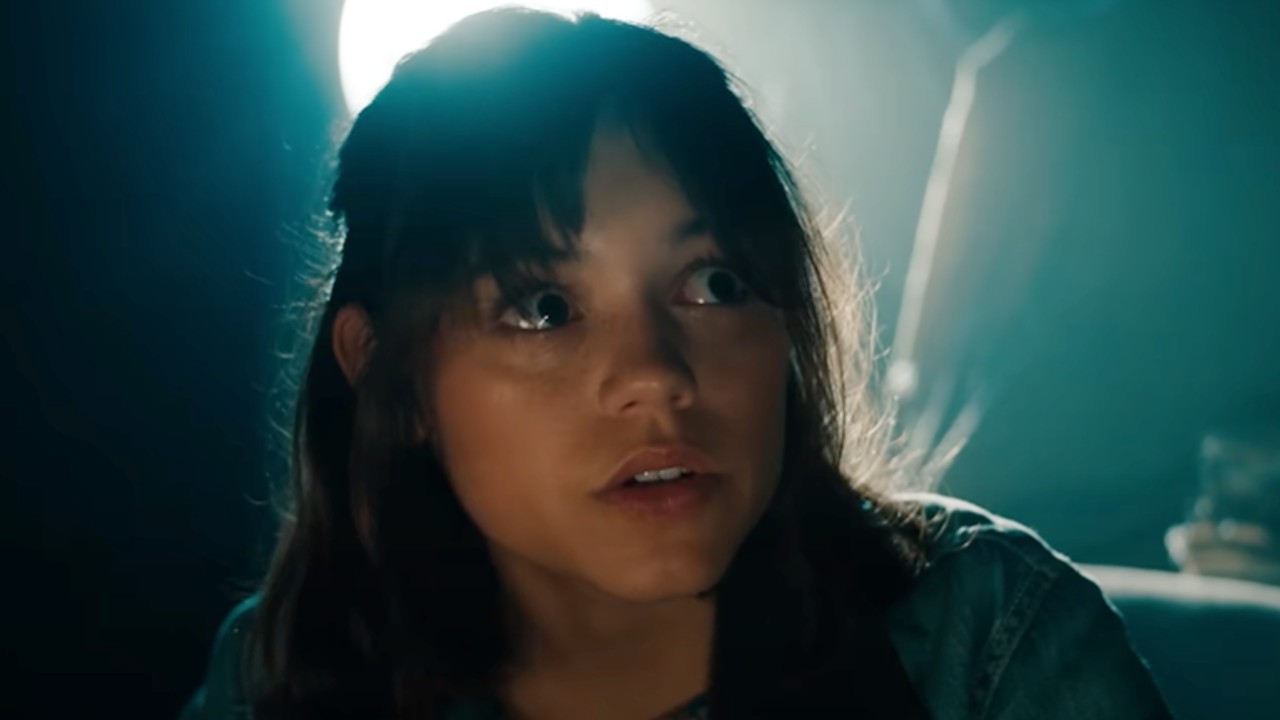
For as important as it was to have a story that worked, Beetlejuice 2 kind of runs on the same sort of engine that its predecessor did. Meaning that plot only gets you so far before inspired madness kicks in and a lot of fun additions come out of the improv process.
That approach reigned once again, and Tim Burton chalks up the beauty of why it still works to the fact that there was still a lot of practical effects used in the picture’s production. Here’s more of what Tim Burton shared in our roundtable in terms of how his old school techniques really helped in terms of that sort of creative license:
It's like you didn't have to describe to the actors, ‘oh, well this is gonna happen, you know, this is gonna look like that, you know, I'm fighting this,’ or, you know. so it, it just having, having a lot of stuff there and having sets and having everybody there, it just, it just ups the energy in terms of the set and therefore what you're, you're making. And again, just getting rid of all the white noise [of] business and studio, anything, and you just get right into it. And that again, it just re-energized me. … Mike and I talked about this from the very beginning, that that was very important to the spirit, especially with all the technology. We do all this stuff, whatever. We just wanted to kind of not think about Sequel or Franchises … just go and just make the movie. And so, like you said, that energy of what you brought back to it was amazing and crucial.
While Tim Burton did acknowledge that this sort of freewheeling energy was a bit more difficult with Beetlejuice Beetlejuice’s living, breathing effects, he also tipped his hat to the effects team that made it all work in the end. Listening to him talk about the energy he seemed to rediscover making this picture was infectious, and I think it shows in the final product.
Seeing the madcap lunacy of this Beetlejuice sequel really did feel like returning to the fun and vigor of that original movie. Mixing everything from stop-motion animation and puppets, along with some more modern methods where needed, you could sense that Tim Burton stepped back in time to recapture his process, while also holding onto the experiences of the past when absolutely necessary.
It’s enough to make fans think about the future, as the crazy ending to Beetlejuice Beetlejuice will probably have people asking for more. That applies both in terms of answers and action involving the netherworld’s leading bio-exorcist.
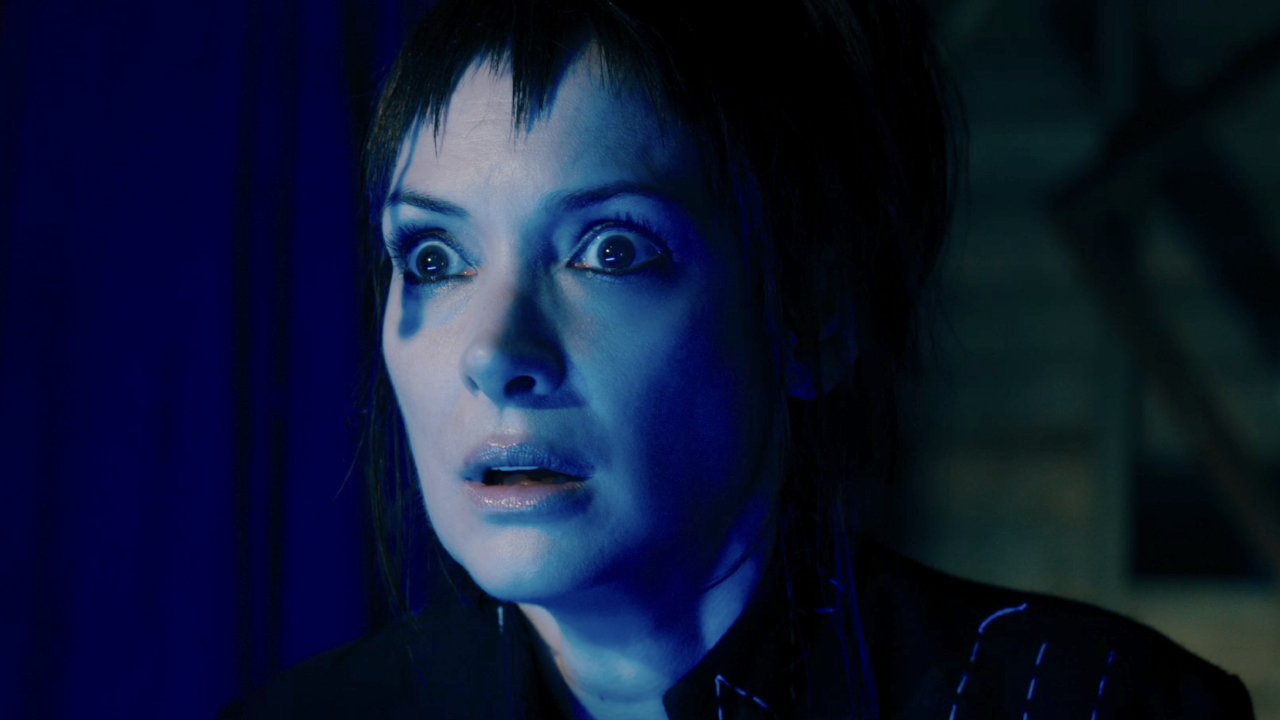
Tim Burton’s Future, Post-Beetlejuice Beetlejuice
Surely even people who haven’t even seen the latest Beetlejuice adventure are wondering if we could potentially see Tim Burton make another. The nature of this new chapter’s title alone kind of dictates it, as it flirts with the ever dangerous rule of three that’s needed to invoke the ghost with the most.
However, after actually watching Beetlejuice Beetlejuice, the whole room of journalists present to question Mr. Burton wanted to know if he had any intentions of doing so. I’m not going to spoil the ending here, as I wouldn’t want to repeat Michael Keaton’s Batman gaffe from his 1989 appearance on David Letterman's show.
That being said, I can share what Tim Burton said about a potential Beetlejuice 3:
I mean, they [can] talk whatever, but if it follows the model now, I'd be making that one [when] I'd be over a hundred. And it might be possible. But I don't know, with medical science these days. But like I said, for me, I wasn't really personally interested [in a sequel]. If you said it to me, I would run the other direction. This is one where I just said it was something that caught my [eye]. Would something else get [me], I don't know. Not right now, because it's [about] finishing this one.
I apologize if I’ve helped simultaneously excite and disappoint Beetlejuice fans worldwide with those statements above. However, Mr. Burton did jokingly throw out the title, Beetlejuice: The Sands of Time as we started to wind everything up. Though, again without any spoilers, one of the threads that could be followed in Beetlejuice 3’s hypothetical story would be the subject of Lydia’s biological mother.
She’s mentioned briefly in passing in Beetlejuice Beetlejuice, and when asked if that was something we learn more about in the future, Tim Burton left us with a cryptic “we’ll see.” At the same time, we shouldn’t push for another Beetlejuice too hard because Tim Burton’s life experiences are a huge part of what drove him to make it in the first place.
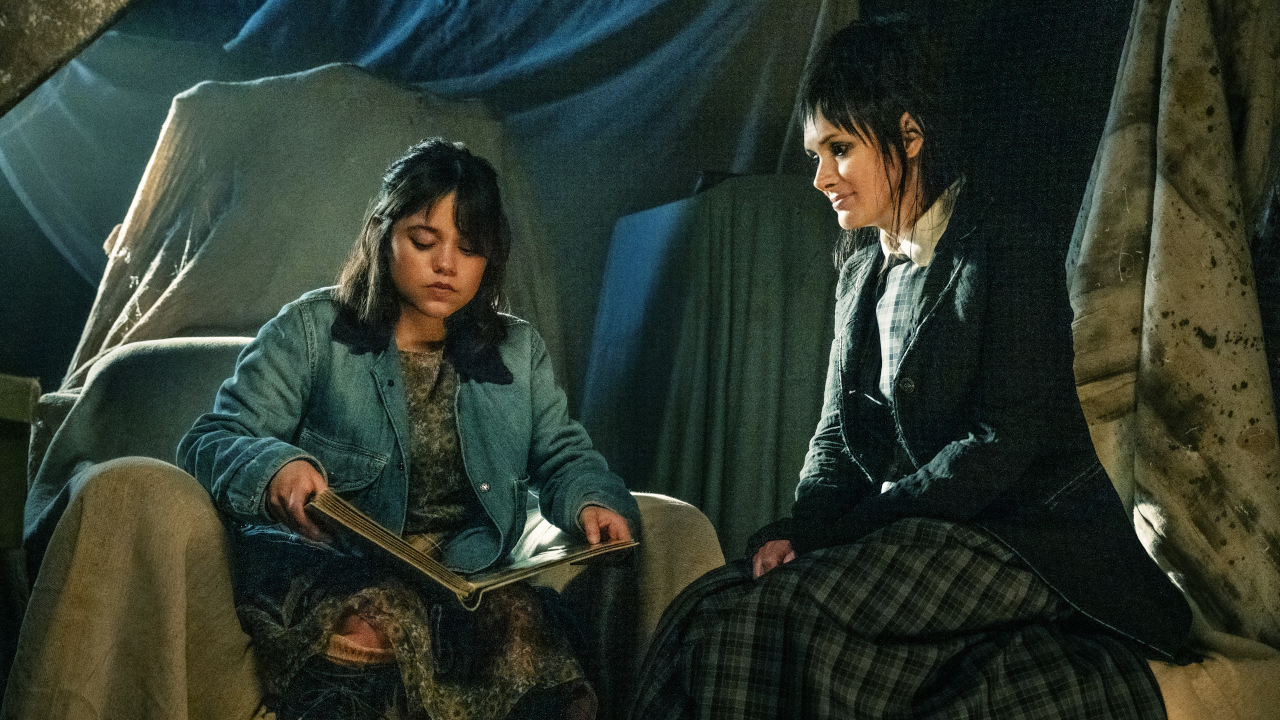
Also, it's not every day that a Jenna Ortega-level performer is seemingly born to make it happen. With Astrid Deetz's role playing such an integral part of following the right story beats into the future, that's not something that's easy to replicate. At least, not if done right.
Just as Winona Ryder’s lament over a potential Heathers legacy-quel, it’s important to know when the ship has sailed. It’s also crucial to have the ideas and influences that help shape and energize such an undertaking. Which brings me to one final quote to share from this Burton roundtable, perfectly summing up the reason Beetlejuice Beetlejuice had to exist in the here and now:
I couldn't have made this back in 1989, you know, whatever, because I didn't know any of it. Now I feel things after 30 years of going through a bunch of good and bad, ups and downs, that you can only know when that [happens.] It's like when I made Big Fish, I couldn't have made that film before my father died. … So I think I've recalibrated the way I'm gonna approach things in the future.
With that said, let’s hope that Tim Burton continues to move forward into that future with all of the inspiration and energy he needs to follow what he sees as a worthy project. Of course, now’s the time to turn on the juice once again, as Beetlejuice Beetlejuice is about to head to theaters in early showings; and yes, that includes the 4DX format!
Though you don’t need a history lesson before heading into this undead caper, you can of course catch the original Beetlejuice through streaming it with a Max subscription. And for a little extra credit, check out Beetlejuice: The Animated Series on Tubi. If I grew up thinking it was weird Beetlejuice and Lydia somehow became friends, you need to experience it too.
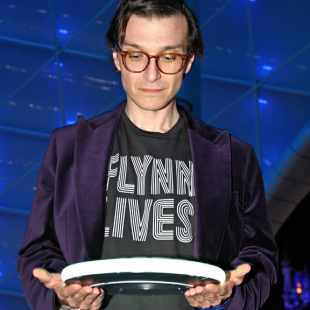
Mike Reyes is the Senior Movie Contributor at CinemaBlend, though that title’s more of a guideline really. Passionate about entertainment since grade school, the movies have always held a special place in his life, which explains his current occupation. Mike graduated from Drew University with a Bachelor’s Degree in Political Science, but swore off of running for public office a long time ago. Mike's expertise ranges from James Bond to everything Alita, making for a brilliantly eclectic resume. He fights for the user.
